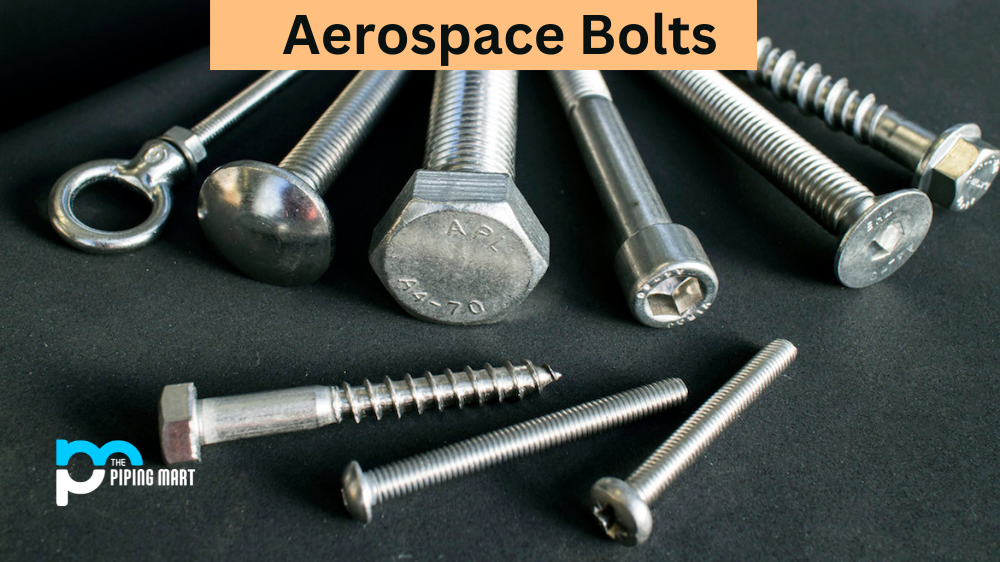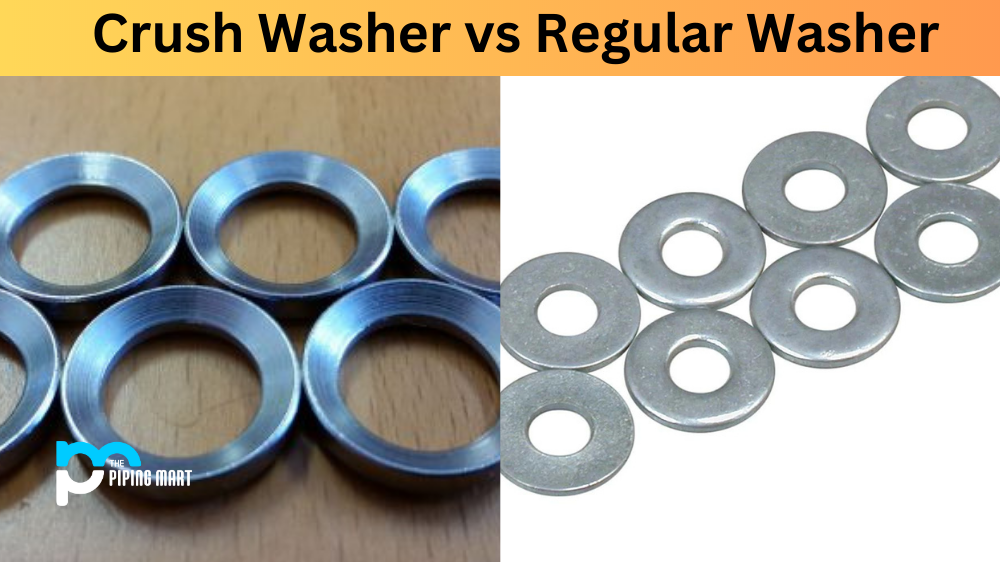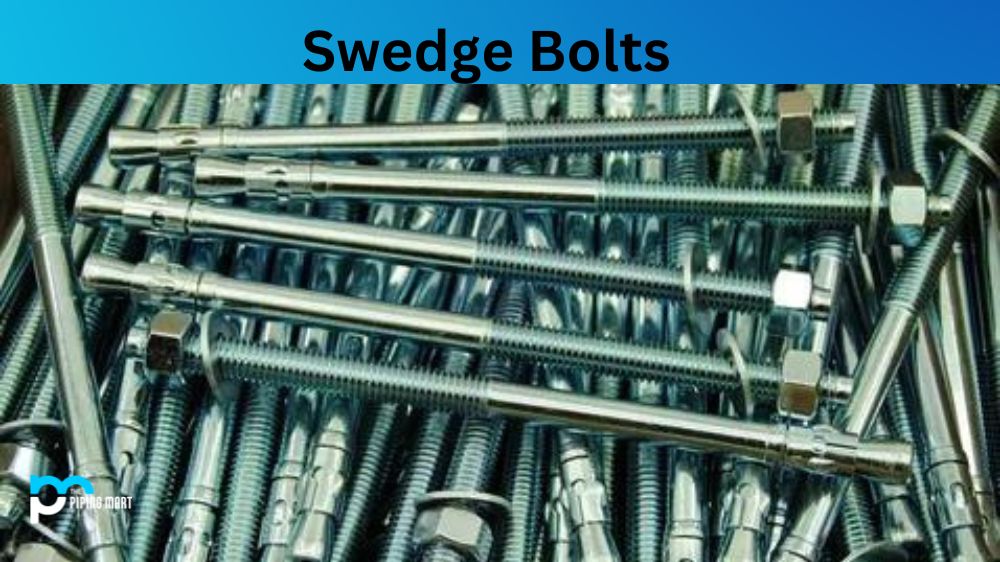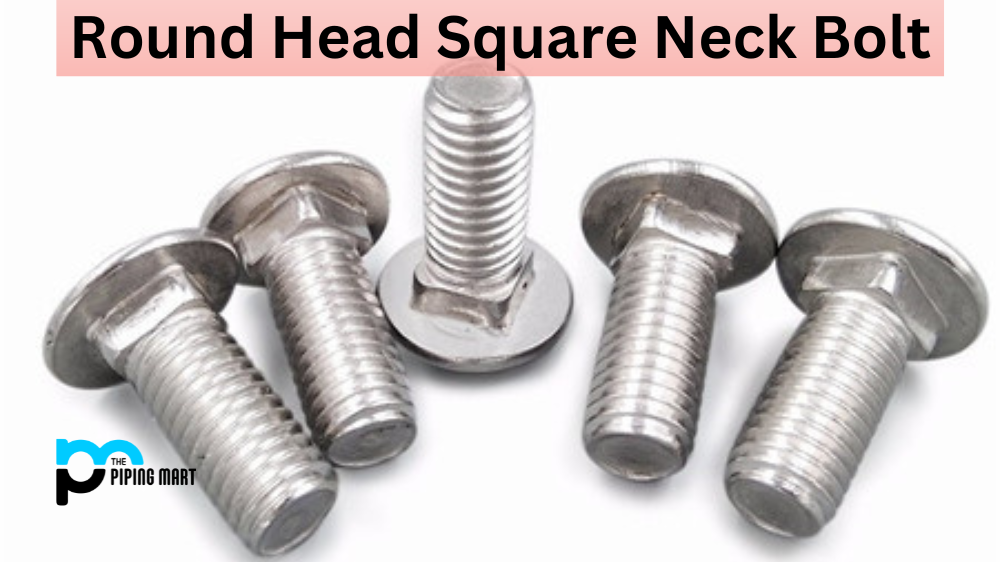Aerospace bolts, also known as aircraft bolts, were first developed for the aerospace industry in the early 1900s. Since then, aerospace bolts have become an essential component of many industries and applications, from commercial aviation to the automotive industry. In this blog post, we’ll dive into what makes aerospace bolts unique and explore their various uses.
What Makes Aerospace Bolt Special?
Aerospace bolts are specially designed for use in the aerospace industry due to their unique characteristics. Unlike traditional bolts, these fasteners are designed to withstand extreme temperatures and high levels of vibration. Thanks to their robust construction and ability to resist corrosion, they can be used in a wide variety of applications without fear of failure or degradation over time.
The most common type of aerospace bolting is made from steel or titanium alloys. Steel-based fasteners tend to be strong yet lightweight while being highly resistant to fatigue and wear. Titanium-based fasteners offer even greater strength while being lightweight enough for use in aircraft parts that need to remain light despite harsh environmental conditions.
What is Aerospace Bolt?
Aerospace bolts are threaded fasteners that provide strong and reliable connections between components within an aerospace system. They can come in a variety of shapes and sizes and are designed to withstand complex stresses experienced in aircraft and other systems that travel through space. Aerospace bolts are usually made from special corrosion-resistant alloys and have special features such as a self-locking mechanism to prevent vibration-induced loosening. In addition, they often feature hardened steel threading to further improve their strength and reliability. Aerospace bolts play an important role in ensuring the safety of passengers travelling on air or space crafts, proving that a well-crafted fastener can be the difference between success and disaster.
Aerospace Bolt Uses
Aerospace bolts can be found in a variety of industries and applications due to their durability and reliability. In aviation, aerospace bolting is used on everything from structural components such as wings and fuselages to engine parts like turbine blades and fuel tanks. On the automotive side, aerospace bolt technology is found on heavy-duty vehicles such as trucks and SUVs, as well as on performance vehicles like race cars, where strength is a priority over weight savings. Aerospace bolt technology can also be found in military applications such as missiles, tanks, ships, submarines, helicopters, drones, and other defence systems that need reliable fastening solutions for extreme environments or conditions.
Conclusion:
All in all, aerospace bolts provide a reliable solution for those looking for strong yet lightweight fastening solutions that can stand up to extreme temperatures or vibration levels without degrading over time. Thanks to advances in material science and manufacturing techniques over the past century or so since they were first introduced by the aerospace industry, today’s aerospace bolt technology have become an indispensable part of many industries around the world – both civilian and military – thanks to its reliable performance in harsh environments or conditions where other fasteners may fail. If you’re looking for an effective way to secure your components or structures with minimal risk of failure over long periods of time under tough conditions, then it might be time to consider using an aerospace bolt solution today!
Meet Heer, a dynamic and driven writer learning tricks of her trade in the metal industry. With a background in Digital Marketing, Heer brings a unique perspective to her writing, sharing valuable insights. Apart from blogging she like reading and hiking.




